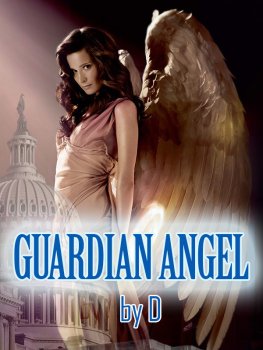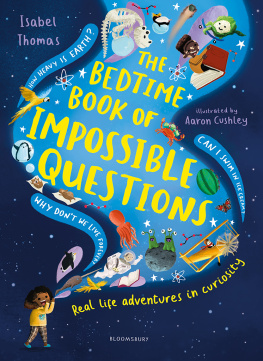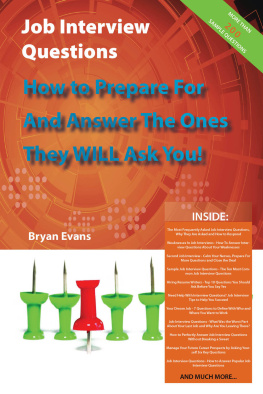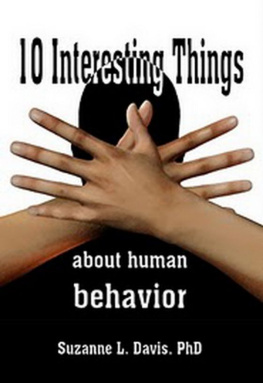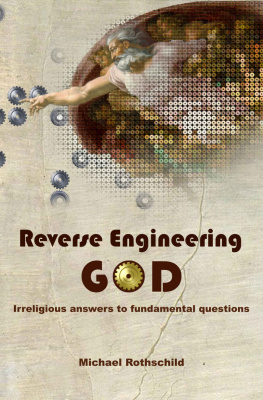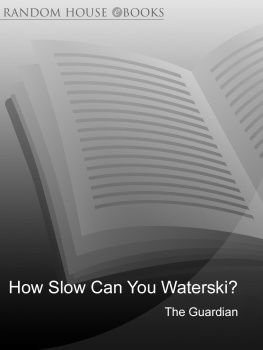1. Global politics
Is democracy good?
guardian.co.uk, Sunday 30 September 2007
John Simpson:
It depends what you mean by democracy. Alberto Fujimori, who has just been extradited to Peru, where he was president from 1990 to 2000, was properly elected by a reasonable majority in a moderately fair election. But as has happened so often in Latin America, Asia and Africa, an election can lead to the worst kind of elected dictatorship. Peru suffered badly from the crimes committed during Fujimoris time in office, and has never entirely recovered.
So merely electing a political leader doesnt constitute democracy. Real democracy comes when there is also a strong, properly financed opposition, a free press, an honourable civil service, and a stable electorate whose concerns are properly addressed. That kind of democracy is always good for everyone.
Shami Chakrabarti:
Democracy is not good for everyone. Democratic values are pretty bad news for tyrants, terrorists, corrupt vested interests and all those who seek and abuse power for personal gain or glory. The picture is not too bleak for these groups, however. The corrosion of democracy makes it so much easier for them to survive.
John Pilger:
Yes, if its true democracy. In Britain, democracy, like other noble concepts (such as reform) has been emptied of its dictionary meaning. Instead, we have the kind of democracy that promotes grand theft as wealth creation and hides its poor and throws countless young people on an educational scrapheap at the age of seven. Indeed, the people who run and apologise for this pseudo-democracy, whose main achievements are inequality and corporate propaganda, despise real democracy New Labours well-documented loathing of genuine democratic debate and process come to mind.
DBC Pierre:
Might be. We should try it one day, just for a laugh. If the word tries to refer to what we currently have, a sort of guided Muzak with three looped tunes, then I feel not. Moreover Im not sure it even serves serious politicians any more. I get a feeling weve outgrown our structures of thought after all, some remain from ancient Greece as if were trying to run Microsoft Windows on a Commodore 64. For the time being money, news, and ignorance run democracy. Any bold new social adjustments will have to wait until all thats out of our system.
Ken Loach:
Yes, it would be good if we had actually had democracy, rather than the charade we have at the moment. The most important decisions those that decide the future of the planet are not made on a democratic basis. Id like to say democratically that the NHS should be rid of all private contractors, and that all major industries should be back under public control, in fact, but thats not on offer at election time.
Naomi Wolf:
Yes, democracy is good for everyone compared with the alternatives. If your only measure of good is material wellbeing, then a China with a rising standard of living but no freedom is better than a desperately poor new democracy in Sierra Leone. I would challenge that frame in every case. The difference is that the Sierra Leoneans have the power to shape the destiny of their own nation and create the terms of their own development. People were well fed in Germany in the early years of the National Socialists rise to power but the fear that descends on a closing society is as painful, judging from memoirs, as hunger or cold.
Lynne Segal:
Of course democracy is good for everyone, although like all good things some more than others can seize its promise that we collectively decide the policies of those who rule over us. Few notions are more necessary for those excluded from power when organising to change things. Yet today, democracy, market forces and modernity (also known as the USA) stand in for each other so effectively that their unleashing on one front can mean their undoing on another. The trick is to monitor the mutation of meanings, wresting back democracy to encourage maximum participation in collective decision-making, wherever decisions are made.
Galen Strawson:
In his book, The Decent Society, Avishai Margalit defines a decent society as one whose institutions dont humiliate people. I think this is one of the best things that has ever been said by a political philosopher. The no humiliation requirement ought to be the fundamental starting point for political reflection. Its arguably more basic than and perhaps even underwrites the ideals of political and civil equality and freedom. Democracy seems well placed when we ask which general forms of society satisfy the no humiliation requirement. It may even be uniquely well placed, given the way things tend to turn out in practice. Thats an empirical question, though, a question about human nature. Democracy is certainly not a sufficient condition of no humiliation, because a society may have democratic political institutions and still have other general structural features that humiliate many of its citizens. (See the present state of the world.)
Ariel Levy:
In theory, sure, but unfortunately not in practice. Governing by majority by definition creates minorities whose interests are then more often than not under-served. And when you combine democracy with capitalism, the resulting governmental stew becomes an economy of haves and have nots.
Was it wrong to go to war in Iraq?
Leader, The Guardian, Wednesday 2 May 2007
It really is desirable that when a nation makes war upon another nation it should be quite clear why it does so. It should not keep changing the reasons as time goes on. There is, in fact, no correspondence whatsoever between the reasons given today and the reasons set out by the prime minister at the beginning. The reasons have changed all the time.
These words could have been spoken about, or to, Tony Blair at any time in the last four years, such is their relevance to the decision to invade Iraq. But they were, in fact, uttered by Nye Bevan, the greatest parliamentary swordsman of his day, lashing into the government of Anthony Eden over the Suez crisis.
If Iraq was the biggest mistake of Mr Blairs premiership, it is also an enduring one. The oily patina covering the steel of his intent to stick with Washington, come what may continues to this day. Time has not dulled the urge of any present member of his government to slither around with words which disguise the truth about the unfolding catastrophe.
Geoff Hoon, the defence secretary during the invasion, makes a series of candid admissions to the Guardian today. He admits that the decision to disband Iraqs army and to de-Baathify its civil service two months after the invasion unleashed a host of highly trained and angry people into the hands of the insurgency. It allowed Saddam Husseins people to link up with al-Qaida and ultimately with Sunni insurgents. He says that attempts by members of the government to lobby their counterparts in Washington somehow missed the fact that it was the neoconservative vice-president, Dick Cheney, who pulled the strings (as if we did not know that at the time). And he concludes: Maybe we were too optimistic about the idea of the streets being lined with cheering people.
Is this honesty, or yet another political counter-measure? Mr Hoon admits that the tactics were wrong, but continues to defend the strategy. He still feels that the decision to go to war was right, even though it was based on the wrong evidence, and challenged anyone to go through what they went through and come to a different conclusion. This is all of a piece with the non-apology Mr Blair gave in an exchange in October 2004, apologising for faulty pre-war intelligence which he was careful not to take responsibility for but sticking by every decision he had taken. Hillary Clinton uses a different formula, perhaps because she is seeking the presidency from opposition. Her decision to back the war, she says, is explained by the evidence she saw at the time.



